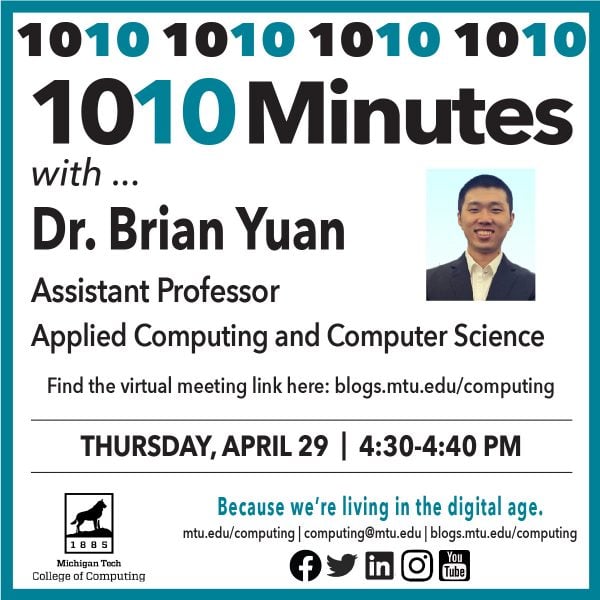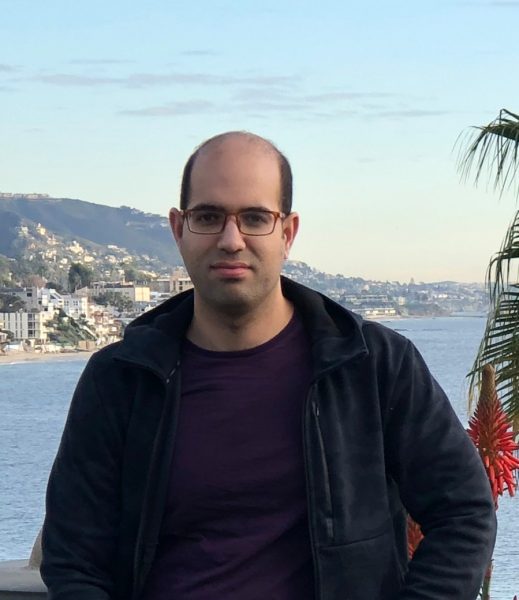
Tara Salman, a final-year PhD candidate at Washington University in St. Louis, will present a talk on Tuesday, April 27, 2021, at 3:00 p.m.
In her talk, “A Collaborative Knowledge-Based Security Solution using Blockchains,” she will present her work on redesigning the blockchains and building a collaborative, distributed, intelligent, and hostile solution that can be used for security purposes.
Talk Title
A Collaborative Knowledge-Based Security Solution using Blockchains
Talk Abstract
Artificial intelligence and machine learning have recently gained wide adaptation in building intelligent yet simple and proactive security solutions such as intrusion identification, malware detection, and threat intelligence. With the increased risk and severity of cyber-attacks and the distributed nature of modern threats and vulnerabilities, it becomes critical to pose a distributed intelligent solution that evaluates the systems’ and networks’ security collaboratively. Blockchain, as a decade-old successful distributed ledger technology, has the potential to build such collaborative solutions. However, to be used for such solutions, the technology needs to be extended so that it can intelligently process the stored information and achieve a collective decision about security risks or threats that might target a system.
In this talk, I will present our work on redesigning the blockchains and build a collaborative, distributed, intelligent, and hostile solution that can be used for security purposes. In particular, we will discuss our work on (1) extending blockchains for general collaborative decision-making applications, where knowledge should be made out of decisions, risks, or any information stored on the blockchain; (2) applying the proposed extensions to security applications such as malware detection and threat intelligence.
Biography
Tara Salman is a final year Ph.D. candidate at Washington University in St. Louis, where she is advised by Raj Jain. She previously received her MS and BSc degrees from Qatar University in 2015 and 2012, respectively. Her research aims to integrate state-of-the-art technologies to provide scalable, collaborative, and intelligent cybersecurity solutions.
Her recent work focuses on the intersection of artificial intelligence, blockchains, and security applications. The work spans several fields, including blockchain technology, security, machine learning, and deep learning applications, cloud computing, and the Internet of Things. She has been selected for the EECS Rising Star in UC Berkeley 2020. Her research has been published in more than twenty internationally recognized conferences and journals and supported by national and international funds.




